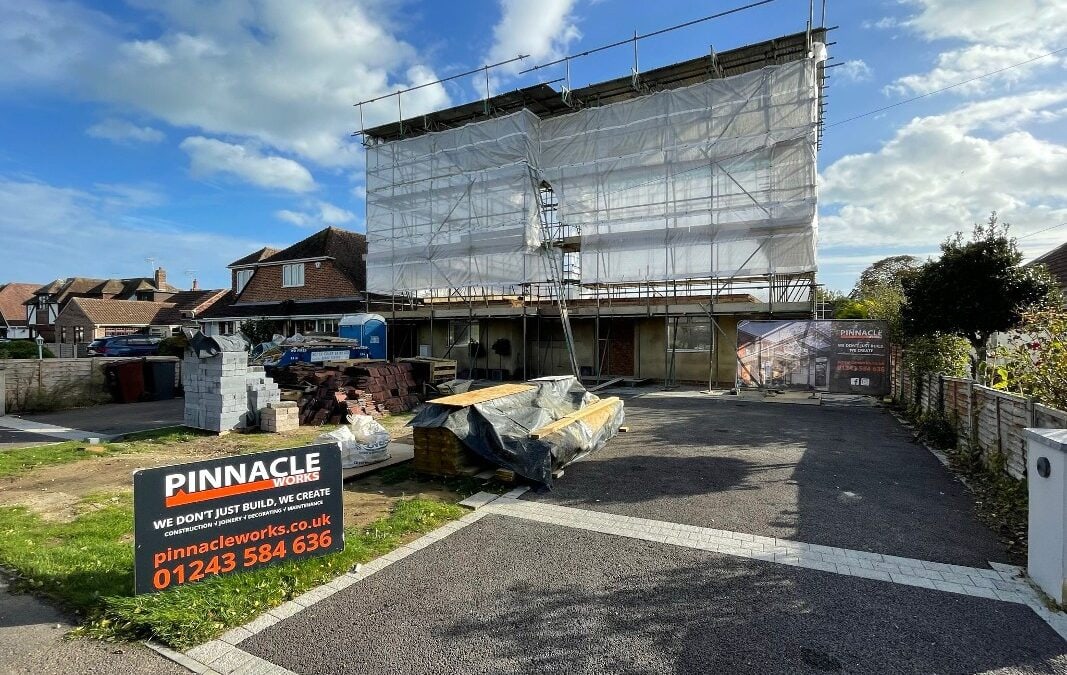
Jun 30, 2023 | Construction
House renovation projects are hugely popular, with homeowners looking to restore period properties, reimagine the way they use their home to create more space or add modern, energy-efficient touches to a building to ensure it is a warm, sustainable and functional...

Feb 2, 2023 | Construction
The UK’s construction industry is vast and multi-skilled. It covers an enormous range of projects, from large-scale developments and property builds to refurbishment projects for heritage homes, commercial renovation tasks and bespoke work such as carpentry, joinery,...

Jan 13, 2023 | Construction
Renovating a tired, rundown building and breathing life into brickwork that has been unused for many years is a labour of love and often one of the most rewarding building projects you can undertake. However, building renovations are never fast, or straightforward,...




